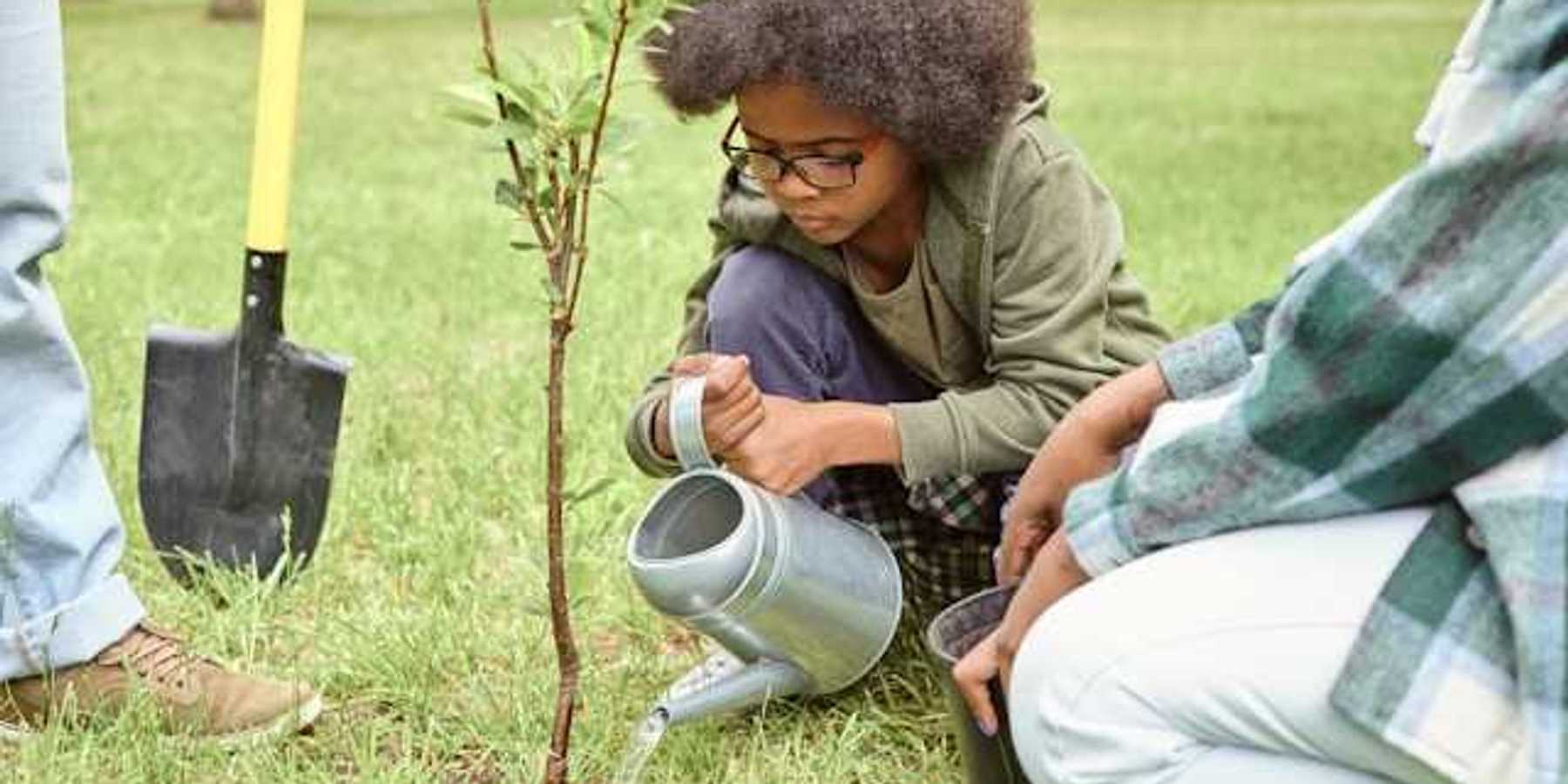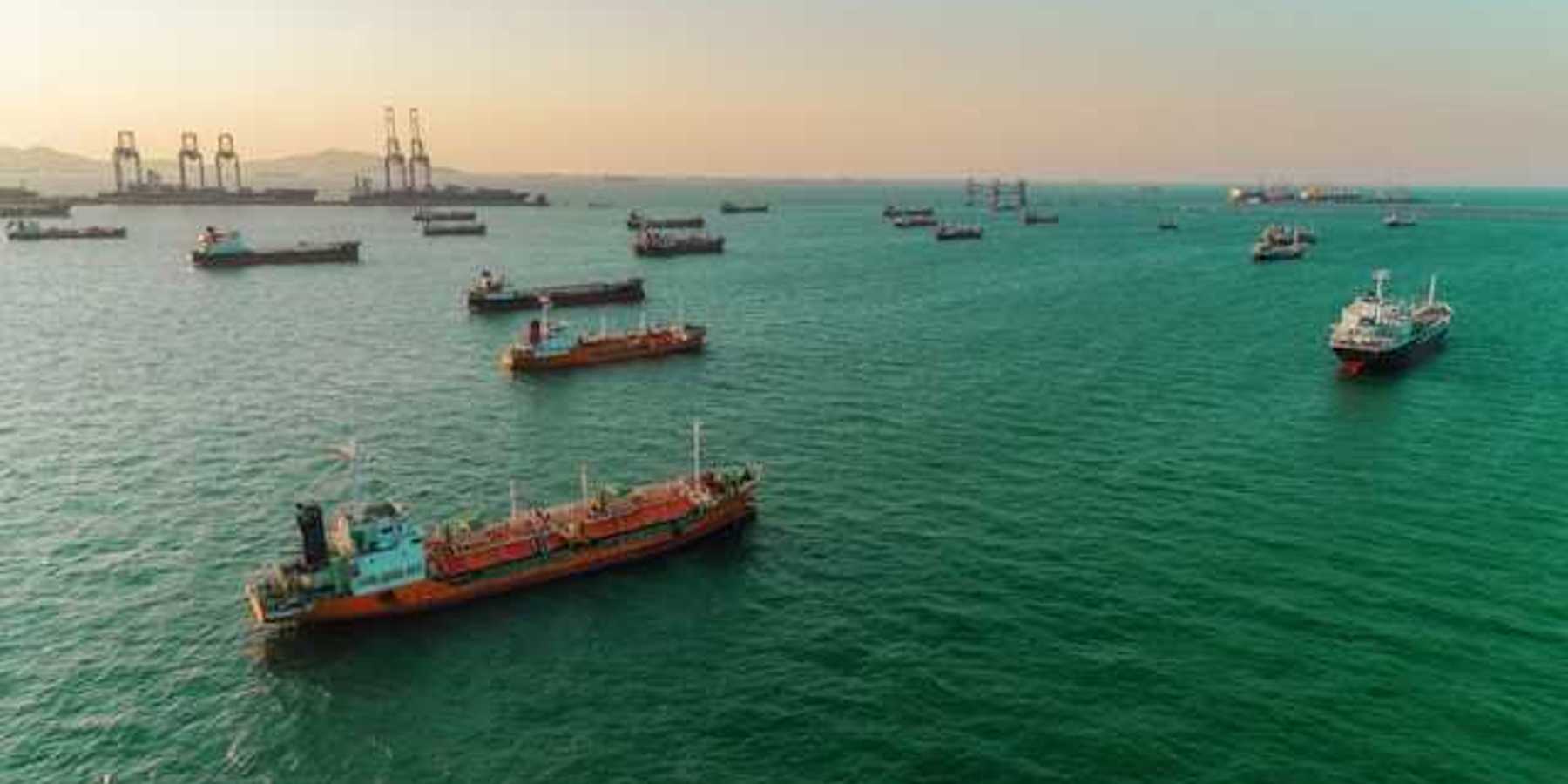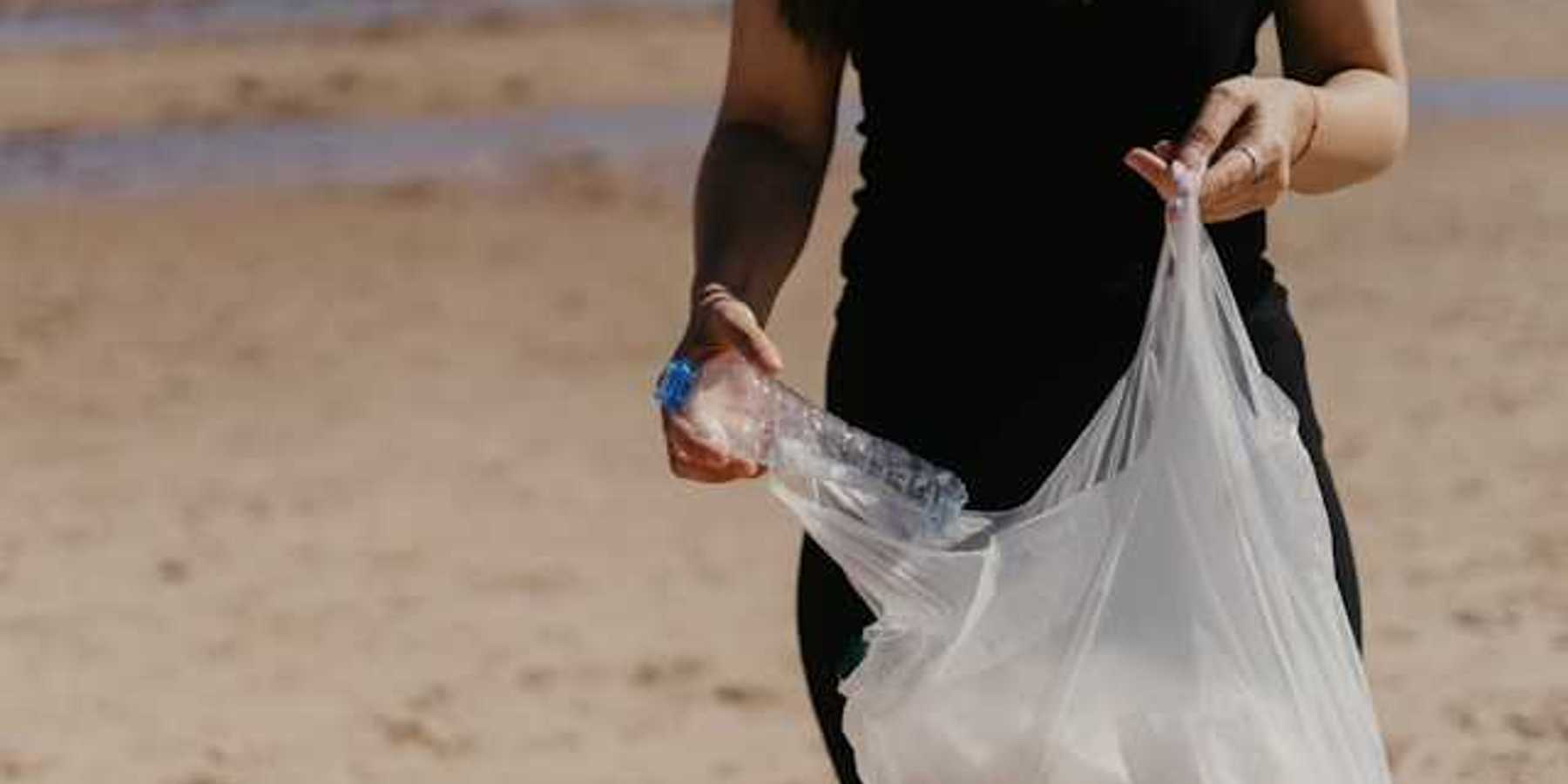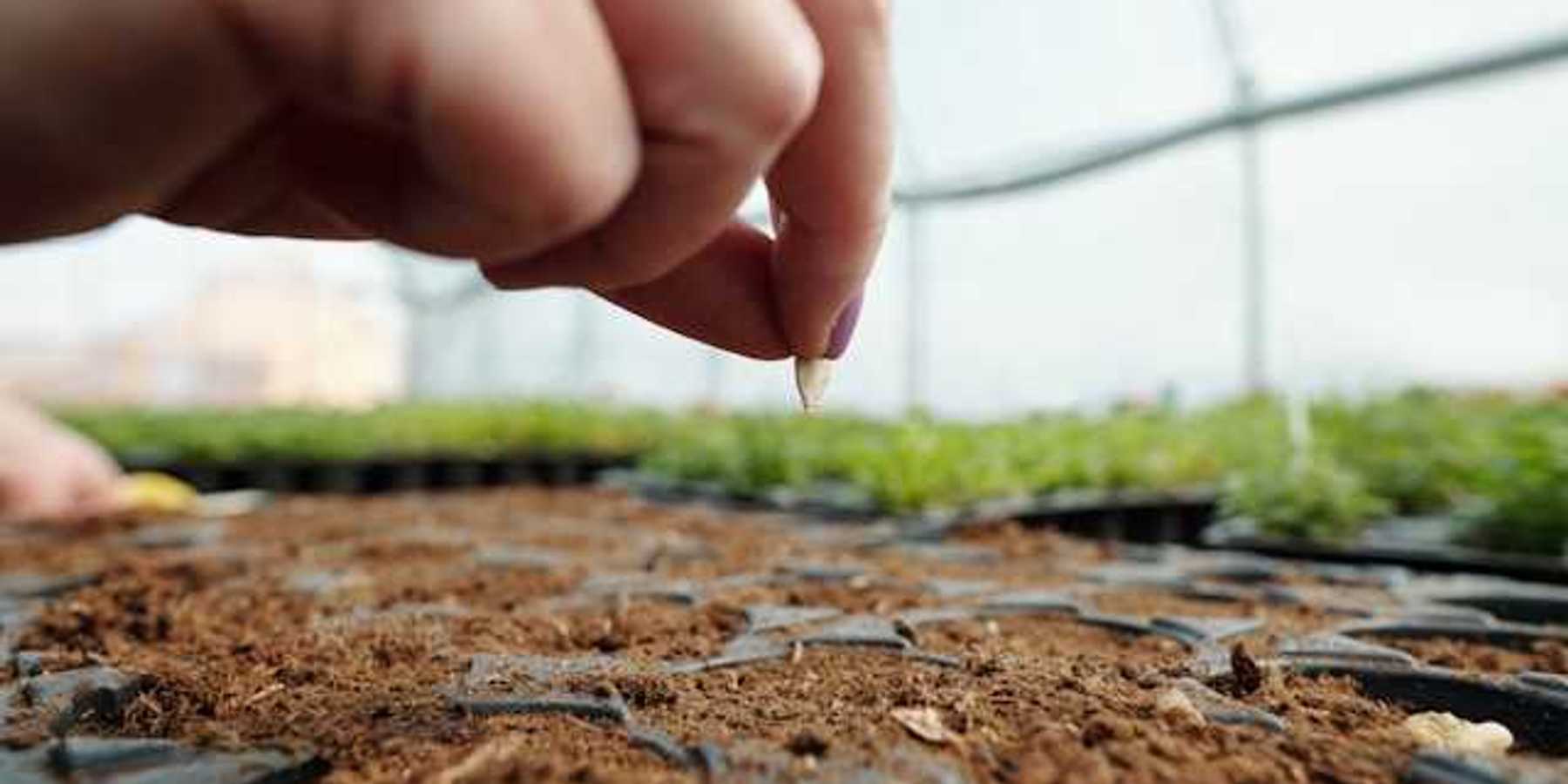Melting glaciers put global food and water systems at risk
Retreating glaciers could disrupt food and water supplies for 2 billion people, as rapid ice loss reshapes ecosystems and agriculture across mountain regions worldwide.
Fiona Harvey reports for The Guardian.
In short:
- A new UN report warns that two-thirds of the world’s irrigated agriculture is vulnerable to receding glaciers and declining snowfall.
- Glacier melt affects more than just mountain communities — rivers like the Colorado, already strained by drought, rely on snowmelt now falling as faster-draining rain.
- As glaciers vanish, darker surfaces absorb more solar heat, further accelerating warming, disrupting climate patterns, and increasing flood and avalanche risks.
Key quote:
“Regardless of where we live, we all depend in some way on mountains and glaciers. But these natural water towers are facing imminent peril.”
— Audrey Azoulay, director general of UNESCO
Why this matters:
Glaciers, often seen as remote and untouchable, are in fact deeply woven into the fabric of daily life for millions — even for those living far from mountain ranges. These vast frozen reservoirs act as nature’s slow-drip faucets, releasing meltwater in a steady rhythm that feeds rivers, supports crops, fills drinking glasses, and keeps turbines turning in hydroelectric dams. But as the climate warms, that rhythm is breaking. The loss of glaciers doesn’t just mean less water — it also means more chaos. The initial stages of glacial retreat can lead to flooding as ice dams break or glacial lakes overflow. Over time, as meltwater dwindles, drought settles in. These twin extremes of water abundance and scarcity feed instability — not only in ecosystems but in economies, food systems, and even geopolitics.
Scientists warn that these cascading disruptions are already underway. And while the imagery of melting glaciers may feel abstract, the fallout touches everything from the price of food at the grocery store to the migration patterns of families seeking more stable ground.
Learn more: Scientists document the global disappearance of glaciers













